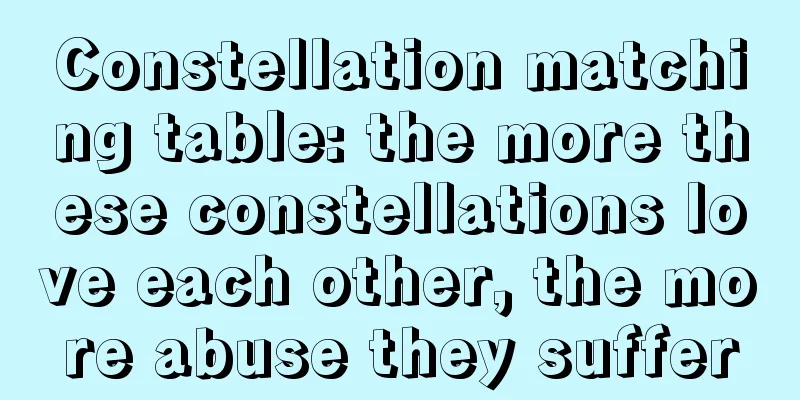What does it mean to light lanterns during the Lantern Festival?

|
The Lantern Festival is the first traditional festival after the Spring Festival, and it is also the first full-moon night of the new year. During the Lantern Festival, people eat Yuanxiao (Chinese Yuanxiao), which symbolizes family reunion. After eating Yuanxiao, people go to the streets to watch all kinds of colorful lanterns and decorations, which is very lively. So what does it mean to light lanterns during the Lantern Festival? What does it mean to light lanterns during the Lantern Festival? Lighting up lanterns during the Lantern Festival actually means starting to light and hang up four lanterns, which symbolizes warding off evil spirits and disasters, praying for blessings and peace, and lighting lanterns to represent Buddha. The traditional custom of the fifteenth day of the first lunar month of the Lantern Festival is to play with lanterns, so every family will start making lanterns on the thirteenth day of the first lunar month, and test the finished lanterns under the kitchen stove on this day, which is called "lighting the stove lanterns", so the thirteenth day of the first lunar month is called the "lamp head" day. In the old days of Nantong and old Beijing, people would light up lanterns on the 13th day of the first lunar month. The New Year songs in old Beijing include "On the eleventh day, people are shouting and chatting; on the twelfth day, people are setting up the lantern shed; on the thirteenth day, people are lighting the lanterns; on the fourteenth day, the lanterns are bright...", while in Nantong, there is a saying "On the thirteenth and fourteenth day, gods are watching the lanterns; on the fifteenth and sixteenth day, people are watching the lanterns; on the seventeenth and eighteen The Origin of Lantern Festival The custom of lighting lanterns on the Lantern Festival began in the Southern Song Dynasty. According to historical documents, in the third year of Chunyou reign of Emperor Lizong of the Southern Song Dynasty (1243 AD), "people were asked to light lanterns in advance, and from the 13th day onwards, all the lanes and bridges were decorated with woven bamboos and lanterns." The custom of viewing lanterns began in the Eastern Han Dynasty. Emperor Ming of the Eastern Han Dynasty promoted Buddhism. Buddhists have the practice of viewing Buddha relics and lighting lanterns to worship Buddha on the fifteenth day of the first lunar month. Therefore, he ordered palaces and temples to light lanterns and worship Buddha on that night, and ordered the gentry and common people to hang lanterns. During the reign of Emperor Shun of the Eastern Han Dynasty, Zhang Daoling founded Taoism, designated the fifteenth day of the first lunar month as the "Shangyuan Festival", and lit lanterns on this day to worship the "Taiyi God". It has been passed down from generation to generation, and by the middle of the Tang Dynasty, it had become a custom to hold the Lantern Festival during the Lantern Festival. It became even more prosperous during the Qiande period of the Northern Song Dynasty. There is a saying that "Glutinous Rice Balls in Song Dynasty and Lanterns in Sui Dynasty". In addition, a series of activities such as guessing riddles have also emerged. |
<<: What does it mean to dream about upper teeth falling out?
Recommend
Is Scorpio really bad? The legendary Scorpio!
Everyone has always recognized the terrifying nat...
2014 Horse Year Horoscope Revealed
2014 is the Year of the Horse, and many people ar...
Gender secrets revealed: Which blood type of men has the strongest sexual desire
What blood type of men has the strongest sexual d...
Why do we go back to our parents' home on the second day of the first lunar month? What kind of New Year's goods should we prepare when we go back to our parents' home?
On the second day of the first lunar month, marri...
A complete list of nice boy names with the surname Huang
Chinese culture is profound and extensive, and Ch...
Futu Tower explains the fortune of the twelve zodiac signs in November 2017
Fututa has released a detailed explanation of the...
Poems about the Mid-Autumn Festival strongly praise the homesickness
Ancient poets loved to drink and write poetry on ...
Psychological test: What kind of person are you based on the way you cry?
It's sad when you cry, and your heart explode...
Pisces horoscope for November 2012
Pisces Horoscope in November 2012: Pisces will ha...
What lucky charms should people born in the year of the tiger wear? What is the fortune of people born in the year of the tiger in 2022?
=People born in the year of the Tiger will have t...
What solar term is after Dahan? The next solar term is Lichun
What solar term follows the Great Cold? Dahan is ...
What's a good name for a boy with the surname Dou?
Chinese culture is profound and extensive, and Ch...
Horse Year Horoscope: Taurus 2014 Horoscope
The energetic Taurus is willing to work hard at a...
2011 Tiger Horoscope: The Tiger's Personality Strengths and Weaknesses
2011 Tiger Horoscope: People born in the year of ...
Is it auspicious to pray and burn incense on the sixth day of the second lunar month in 2022? The date and direction of the god of wealth and happiness
Different things are suitable to do every day. Es...









